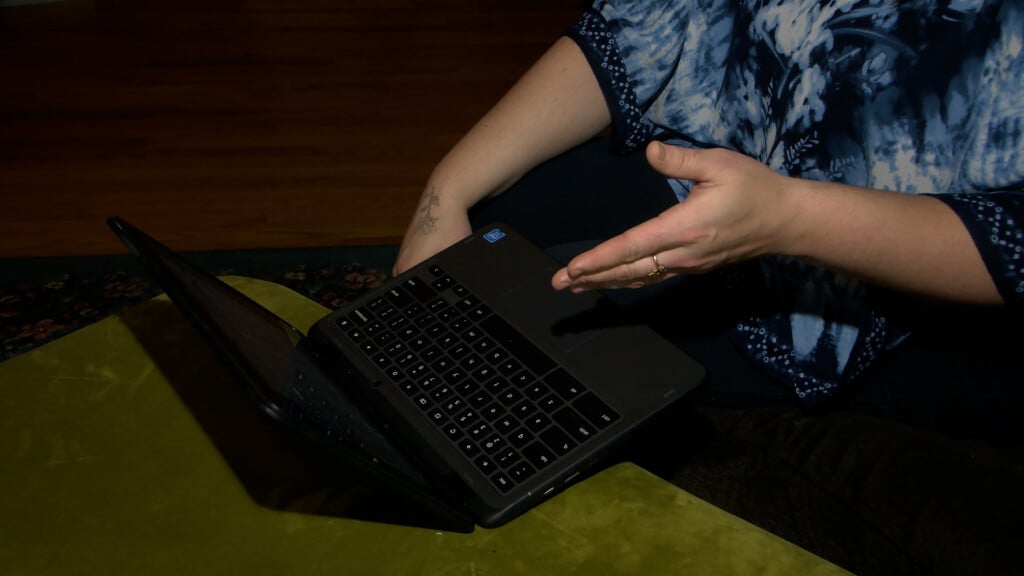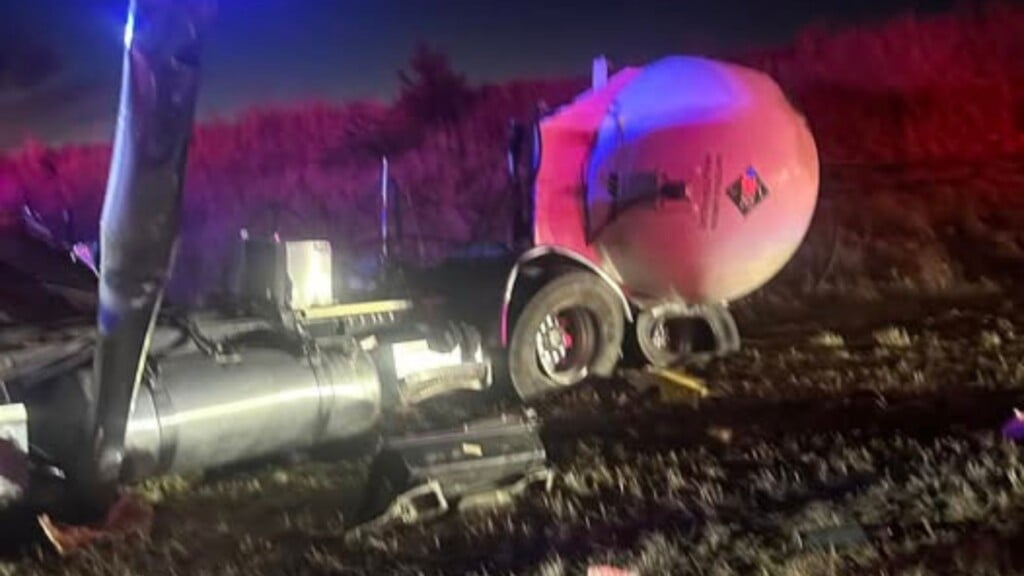Look before you buy: LFR warns of lithium battery dangers
LINCOLN, Neb. (KLKN) – Lincoln Fire & Rescue is once again warning of the dangers of lithium-ion batteries.
LFR shared a public service announcement from the Fire Safety Research Institue asking you to be extra careful before making some holiday purchases.
MJ Lierman, LFR’s spokeswoman, said fires caused by lithium-ion batteries are difficult to put out and can release toxic gases.
“They’re dangerous because they pack a huge amount of energy in a very small space,” she said. “And most of the time, it’s actually an explosion, and then it starts a fire. And it can’t really be stopped. It just keeps getting worse until that fuel is gone.”
Explosions usually happen when everyday items are left in hot conditions. Those include toothbrushes, laptops, power-assisted bicycles and wheelchairs.
In July, a lithium battery caused a fire inside a pickup truck in Lincoln after a battery-powered device was left in the sun too long.
Lierman said batteries can also catch fire when they’re left plugged in too long.
Damaged batteries are also more likely to combust, especially if they aren’t stored properly away from heat sources.
Lierman said it’s important to do your homework before buying anything that uses a lithium battery to make sure it’s been tested by a qualified Underwriters Laboratory.
An easy way to check is by looking for the UL seal on the device or packaging.
“We want to make sure that you’re aware what you’re buying,” Lierman said. “Don’t go for the bargain. If it doesn’t have that UL sticker or certified testing laboratory sticker, don’t buy it.”
You should also use the proper chargers that come with the device; don’t mix and match electronics that aren’t made for one another.
“Charge it on a flat, hard surface so that there’s nothing combustible around it,” Lierman said. “Don’t put it under your pillow, don’t put it next to your bedding.”
Finally, when throwing out batteries, don’t put them in your usual garbage or recycling. Instead, take them to a hazardous waste collection center.
Some stores also have recycling programs to return used batteries.
For more safety tips, you can visit the Fire Safety Research Institute’s website.
The National Fire Protection Association also has free safety lessons on electronic devices and e-bikes.



